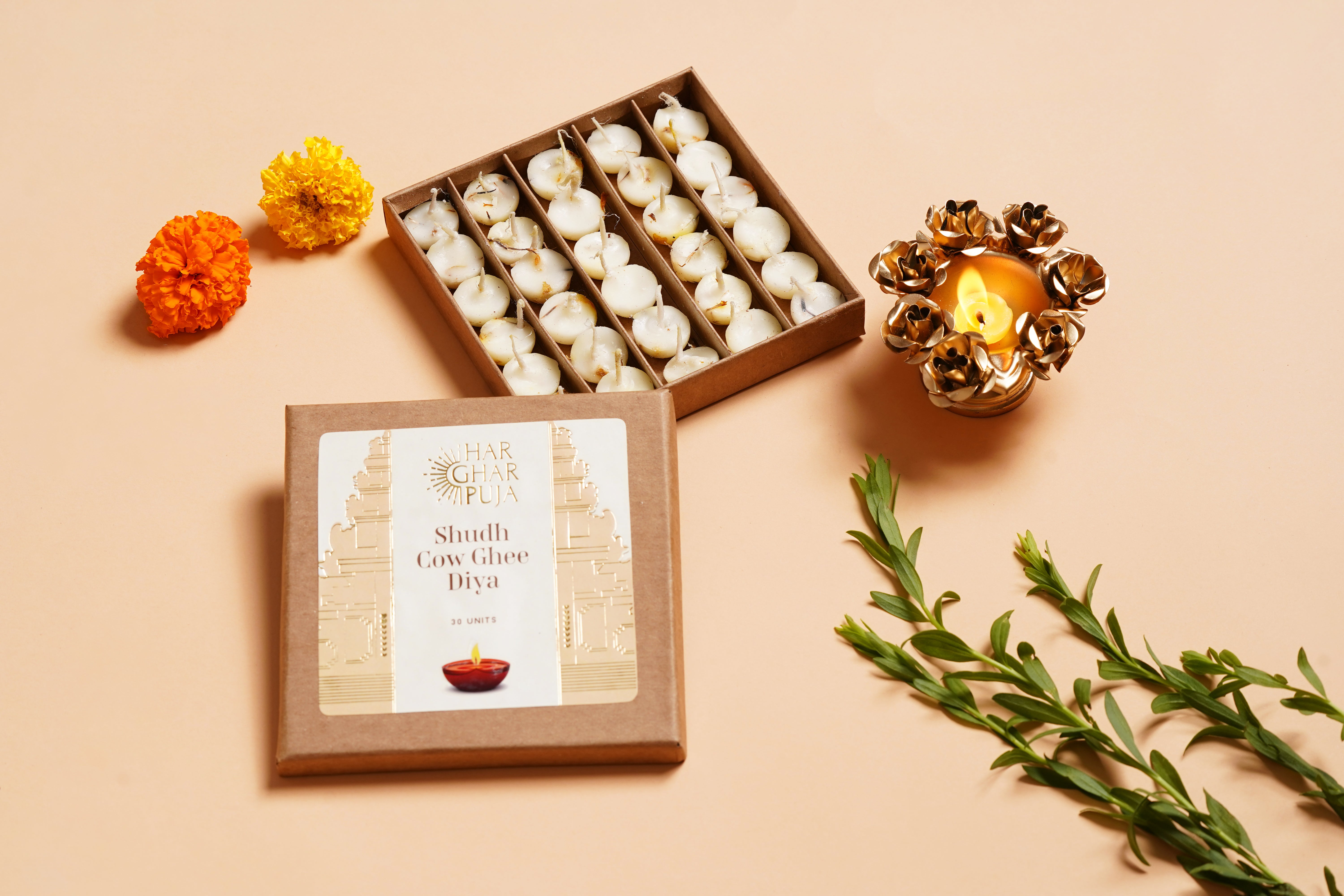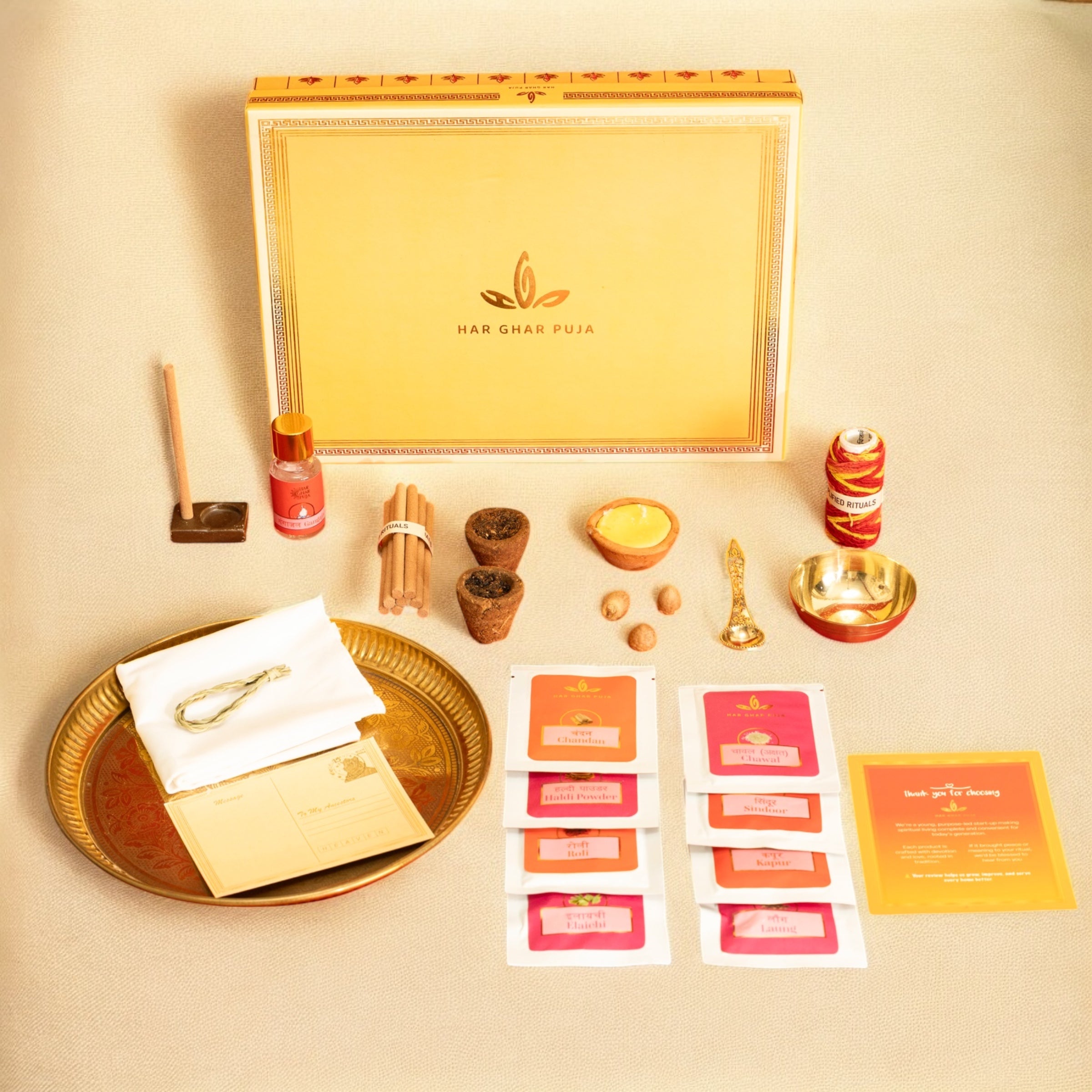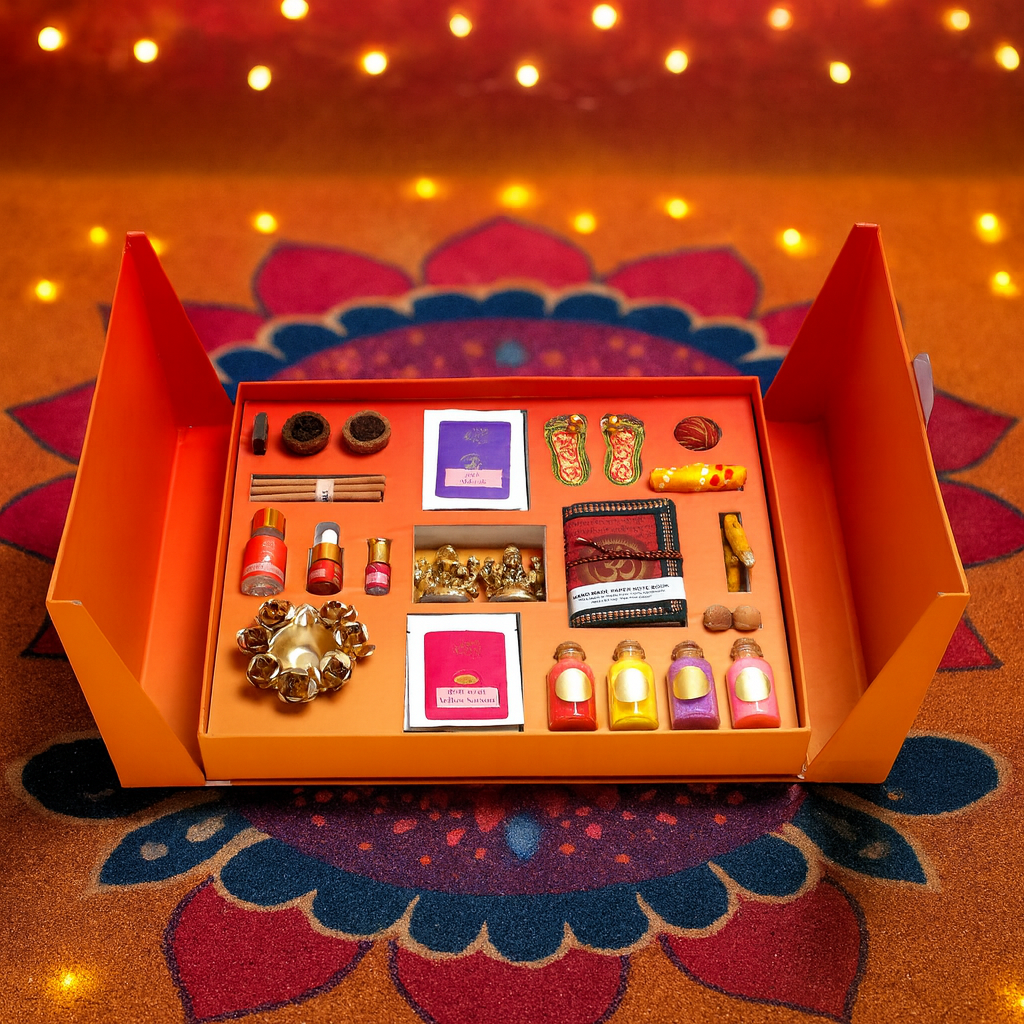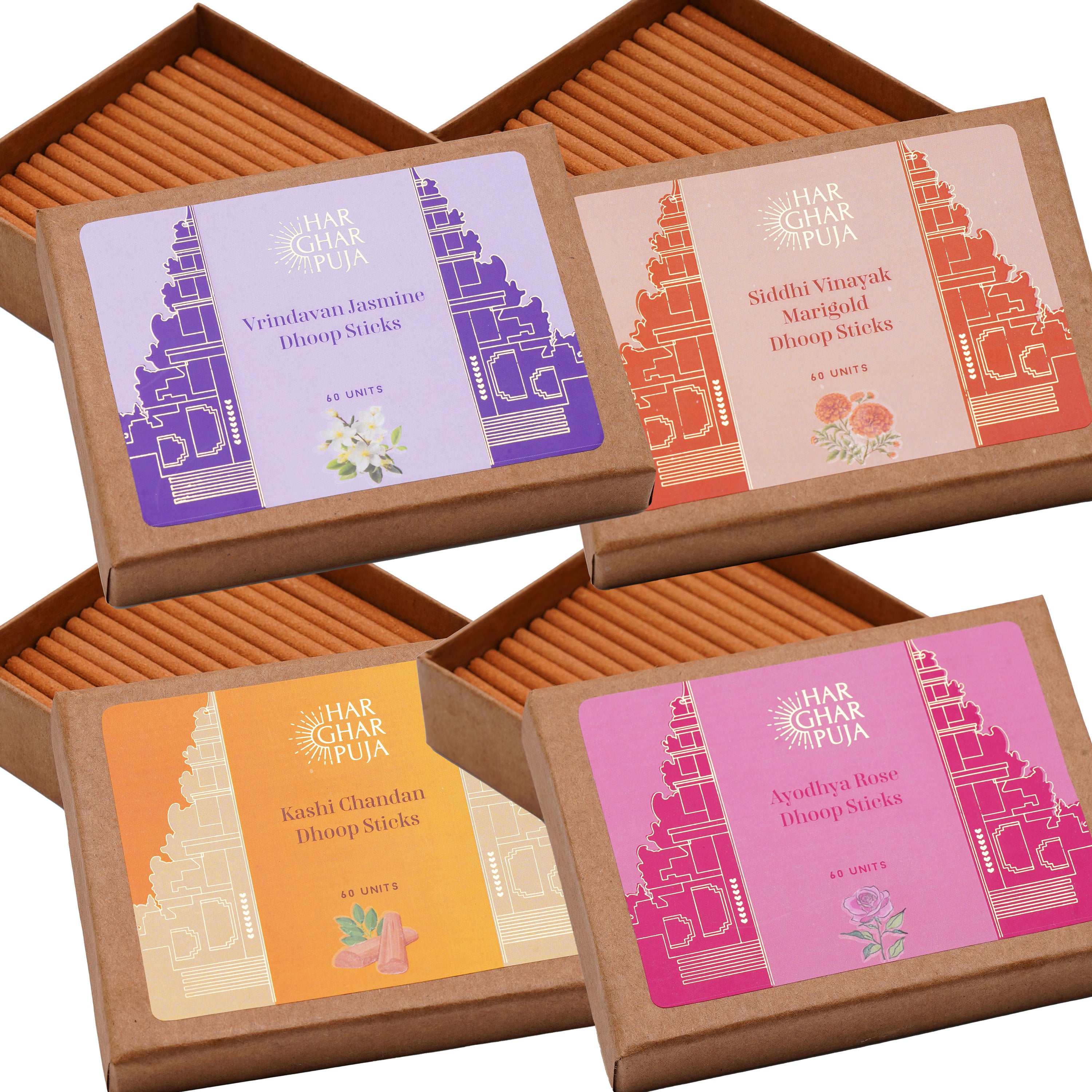Navratri is a festival in Hinduism which is celebrated with immense devotion across India. During these nine days, devotees observe fasts (vrat) and worship Goddess Durga in her nine different forms. The festival symbolizes the victory of good over evil and marks the divine feminine power. To ensure the success of the vrat and to receive the blessings of Goddess Durga, it is important to follow certain rules (niyam).
In this article, we will cover the key Navratri Vrat Ke Niyam (rules for fasting) and Pooja Vidhi (steps for performing the ritual).
Table of Contents
Navratri Vrat Ke Niyam (Rules for Fasting)
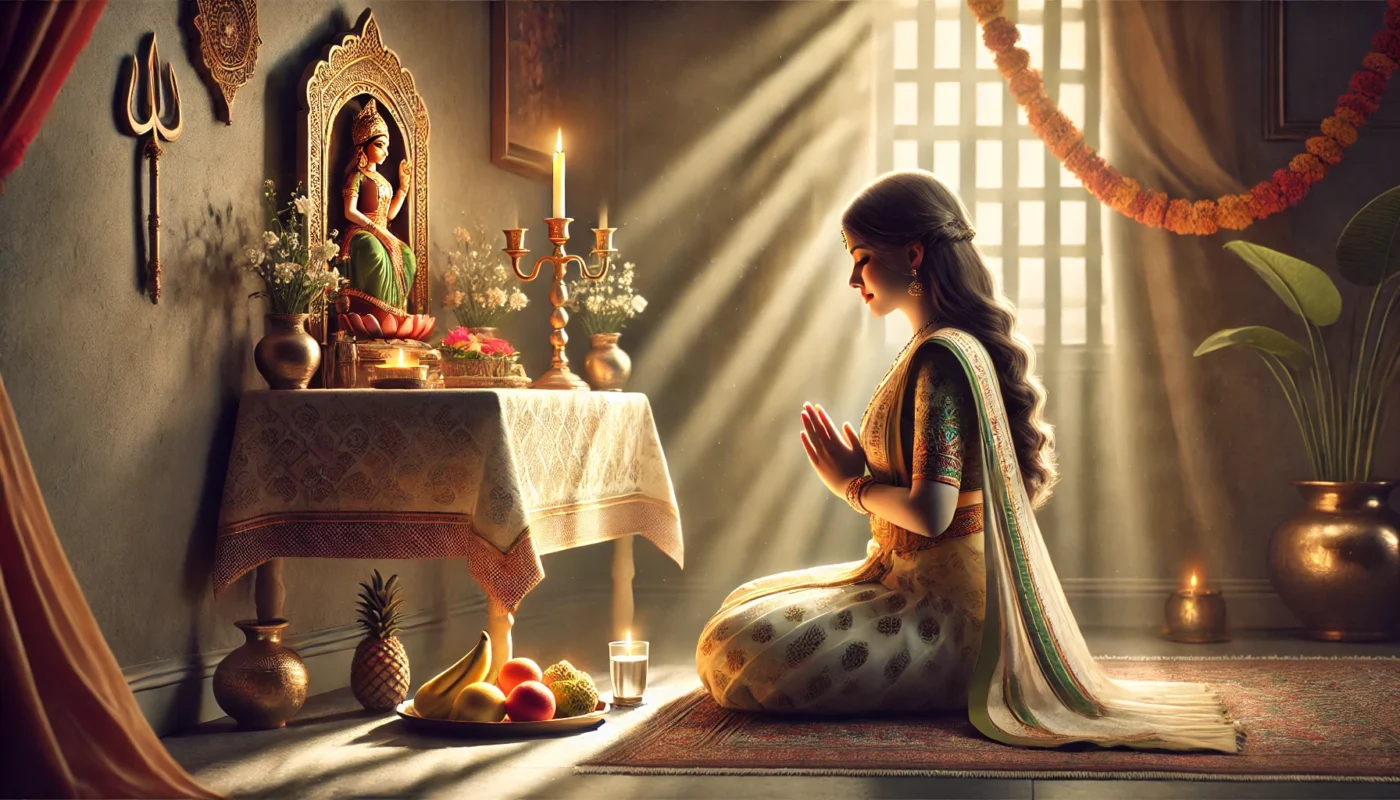
- Cleanliness and Purity:
- Before starting the fast, ensure that both the body and mind are pure.
- Take a bath early in the morning and wear clean clothes, preferably in white or red colors as they are considered auspicious during Navratri.
- Satvik Diet:
- Only satvik (pure and vegetarian) food should be consumed during Navratri.
- Avoid garlic, onions, and non-vegetarian foods. Common fasting foods include fruits, kuttu (buckwheat) flour, singhare (water chestnut) flour, and sabudana (tapioca).
- Use rock salt (sendha namak) instead of regular table salt.
- Fasting Types:
- Full Fasting: Involves consuming only water throughout the day. Some people opt for a strict fast on all nine days.
- Partial Fasting: This allows the consumption of fruits, milk, and simple satvik meals once or twice a day.
- Ekadashi Fasting: Some devotees fast on specific days, such as Ashtami (the eighth day) or Navami (the ninth day) to mark the completion of the vrat.
- Avoid Negative Thoughts and Actions:
- While fasting, refrain from anger, arguments, and any negative emotions.
- Maintain mental peace and engage in spiritual activities such as chanting or reading sacred texts.
- Regular Prayer:
- Recite Durga Saptashati or Devi Mahatmya during the fast.
- Offer daily prayers to Goddess Durga and her nine forms, including Goddess Shailputri, Brahmacharini, Chandraghanta, Kushmanda, and others.
Navratri Pooja Vidhi

- Kalash Sthapana (Establishing the Sacred Pot):
- On the first day of Navratri, begin by establishing the Kalash, which symbolizes the presence of the divine.
- Take a brass or copper Kalash, fill it with pure water, and place five mango leaves around its mouth.
- Place a coconut wrapped in red cloth or a red thread on top of the Kalash.
- Durga Saptashati Paath:
- Devotees can recite verses from Durga Saptashati or Devi Mahatmya, which glorify the Goddess’s strength and victory over demons.
- This can be done each day during Navratri.
- Chunri and Shringar:
- Offer a red chunri (veil) and bangles as shringar (ornaments) to the Goddess on a daily basis or specifically on the eighth or ninth day.
- The shringar symbolizes respect and the adornment of the divine.
- Akhand Jyoti (Eternal Flame):
- Keep an Akhand Jyoti (eternal flame) burning throughout the nine days. This diya represents the presence of divine energy in the house.
Special Days of Ashtami and Navami:

- Ashtami (Eighth Day):
- On this day, the Kanya Puja is performed. Young girls, representing the nine forms of Goddess Durga, are worshipped.
- Offer puri, chana, and halwa to the girls, along with small gifts like bangles, clothes, or money.
- Navami (Ninth Day):
- This day marks the culmination of the fast, and it is believed that Goddess Durga vanquished Mahishasura on this day.
- Devotees offer special bhog and conduct a grand aarti to celebrate the victory of good over evil.
Observing the Navratri Vrat with devotion and following the proper Pooja Vidhi brings immense spiritual benefits. By adhering to the rules of fasting and performing the prescribed rituals, devotees can invoke the divine blessings of Goddess Durga. Navratri is not just a festival of religious significance but also a time for personal purification, mental peace, and spiritual growth.


